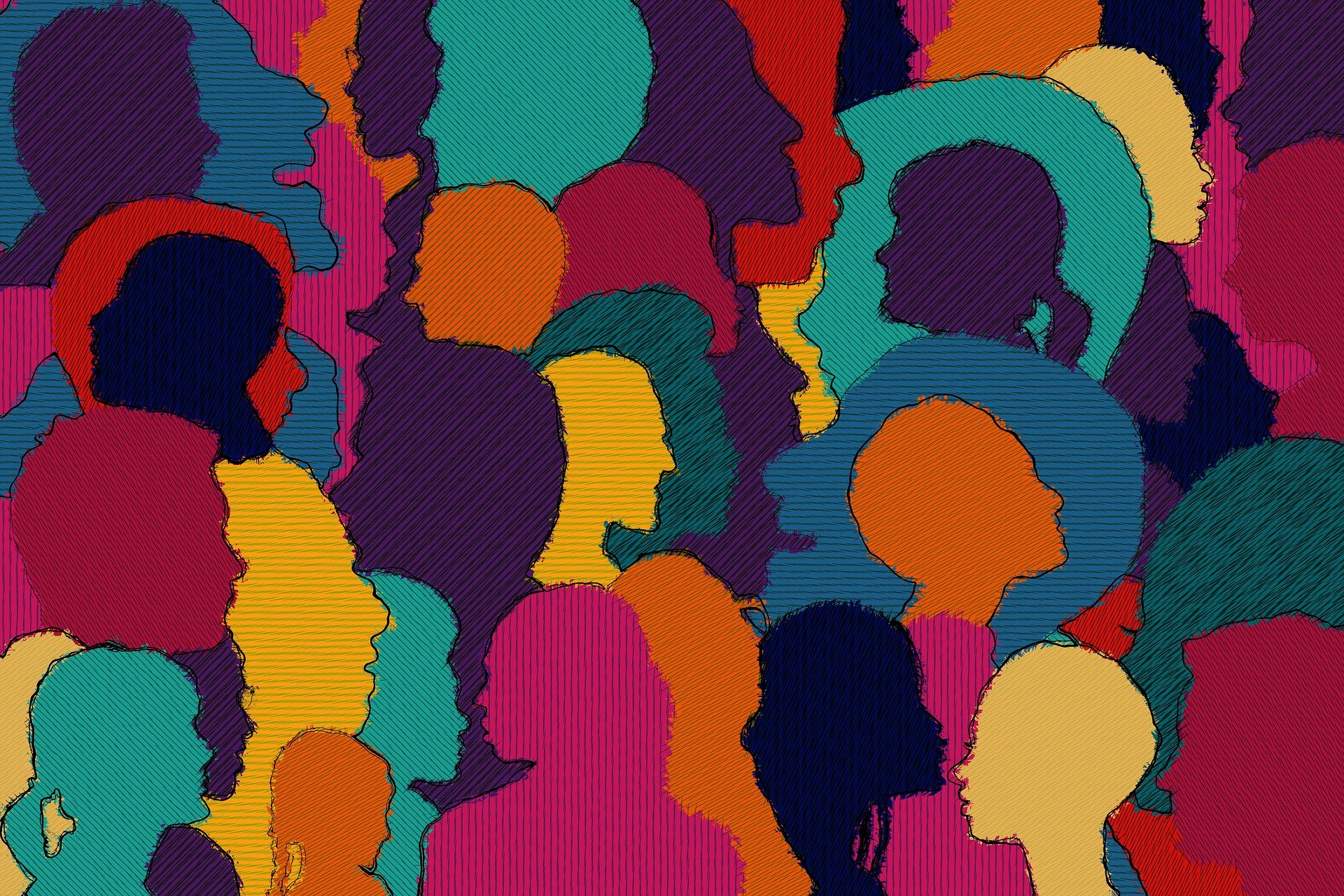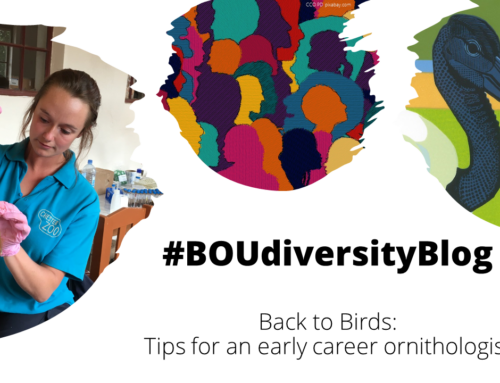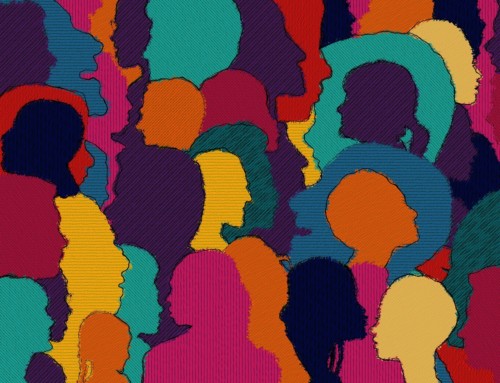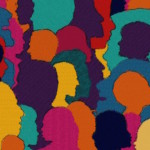
In all the identities I carry (and embrace to different degrees), I have never felt completely at home. As a young girl, I threw a tantrum if my parents tried to put me in a dress. Growing up in India, I was never into Bollywood or able to stomach spicy food. As a temporary American, I don’t understand the grandiose belief in the exceptionalism of my adopted home. And as an ornithologist, I can’t immediately distinguish a squirrel call from a bird call on most days.
Yet, all my life I have tried to blend in. If someone brings up a Bollywood celebrity, I will pretend I care about their latest movie. If someone speaks to me in an American accent, I will match it right back. If someone references a foundational paper in ornithology that I have never heard of, I will nod along while taking furious mental notes to look it up. Lately, however, I have started to wonder: who am I trying to appease?
“Diversity”, “inclusion”, and “equity” may well be the buzz words of the last year (well, right behind “pandemic” and “COVID-19”). But how many of these slapdash efforts being put together by academic institutions and multinational companies alike will actually succeed in creating an inclusive space? When I was accepted into an American university, I was offered courses on “cultural adjustment”. But how many American students were informed that I did not ride to high school on an elephant (a genuine question I was asked by multiple students in the year 2010, well into the Google era)? And how many students at the wildlife society meeting failed to suppress their astonishment when I failed to understand that “Sibley” and “Peterson” referred to field guides? (Spoiler: greater than zero).
Since “diversity” is a need that inherently arises in a non-diverse community, that community’s imagination of diversity is constrained by its own experiences and by prevailing stereotypes. As a child who spent afternoons talking about the creatures in her urban backyard to an imaginary television audience, an Indian woman pursuing a non-medical biology career, and an ornithologist who is not naturally a morning person, I did not fit any existing stereotypes. So, I started to emulate what I saw around me. I spent years molding myself into the type of ornithologist I was surrounded by, trying on various aspects of this identity. I acquired Patagonia clothing, chased vagrant birds that had been reported many miles away, took up long lens photography, and pushed forward in unsafe conditions because “fieldwork is hardcore”. Some of it fit (the clothing and the photography), and some of it really didn’t (chasing vagrants, a toxic fieldwork mentality). And for a long time, I internalized the parts that didn’t fit as my own failures.
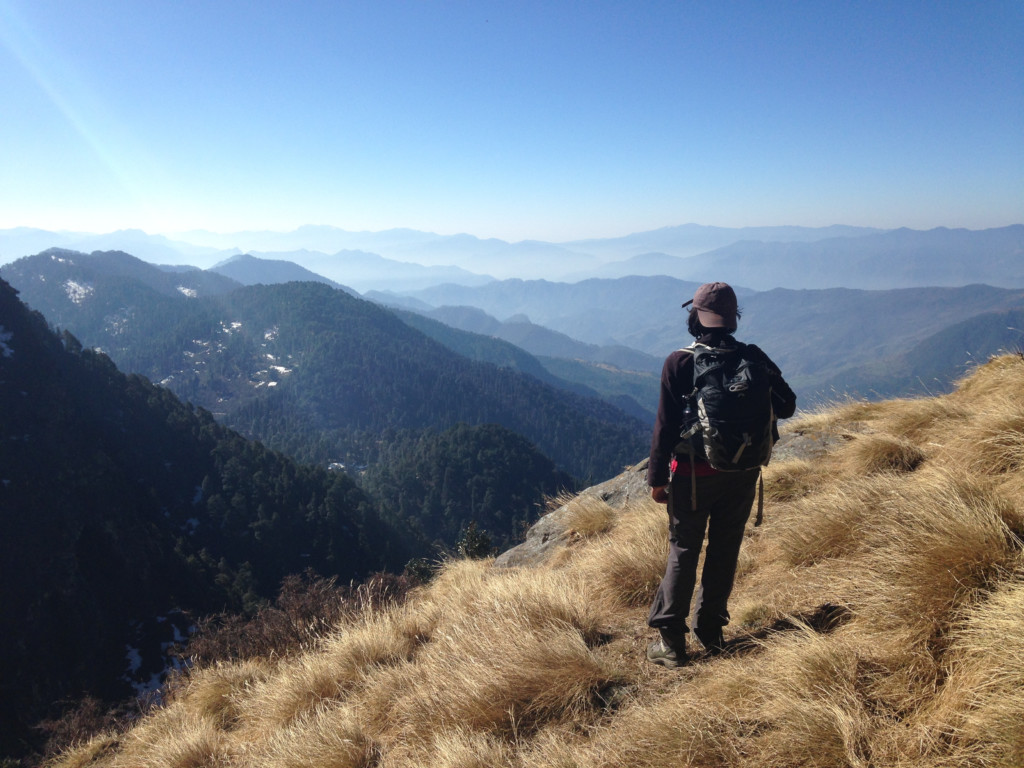
It took a global pandemic for me to start seeing things differently. As COVID-19 swept through New York City, I fled upstate to Ithaca, NY, where my partner works and where I lived for six years during and after undergrad. Feeling overwhelmed and isolated, I reached out to a local friend who is also a grad student studying birds and who, most importantly, had a sheltered porch that was exactly six feet wide. We spent many freezing evenings, bundled up in blankets and drinking whiskey, unwrapping our complex ornithological identities. For the first time, I felt like I belonged. If my friend felt the same way I did, surely, we couldn’t be the only ones?
Since then, I have made an active effort to find “my people” in this community. I have been pleasantly surprised to realize that we – the people who feel like they don’t belong – may actually be the silent majority. In order to make ornithology truly inclusive, then, I think we need to reckon with how we define “success” in this field. Does an ornithologist always have to be depicted with binoculars? Does ornithological science inherently require the Western scientific method? Does an ornithologist – by definition, a person who simply studies birds – have to be a scientist at all? I believe that by broadening the definition of ornithology, we would not be “lowering standards”; we would be opening the ancient gates that uphold the arbitrary boundaries they have been built to define.
If you are interested in contributing to the #BOUdiversityBlog, please get in touch with us via this form which ensures anonymity for those who seek it.
Image credit: CCO PD pixabay.com

